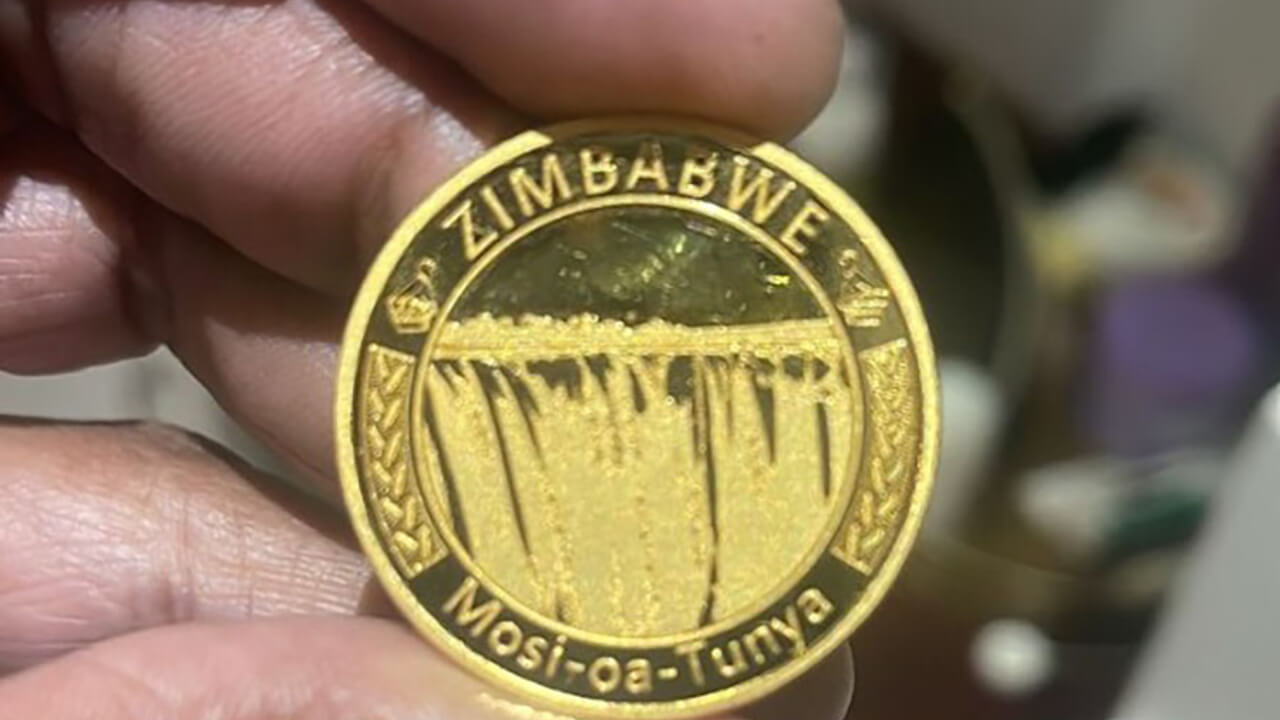Zimbabwe explores nuclear energy. . . prioritises value-addition of transition minerals
VICE-President Constantino Chiwenga has reaffirmed the Government’s active exploration into the utilisation of nuclear energy, with a particular focus on small modular reactors, as a component of a well-rounded energy portfolio for the nation.
He emphasised that the country is also strategically prioritising the value-addition of energy transition minerals, encompassing manganese, nickel, copper, cobalt, and lithium.
These concerted efforts are anticipated to stimulate the domestic production of crucial energy technologies.
Zimbabwe is understood to possess significant uranium deposits within the Zambezi Valley, a potentially valuable resource that could underpin future nuclear power production initiatives.
VP Chiwenga delivered these remarks during his keynote address at the official opening of the 6th International Renewable Energy Conference in Victoria Falls on Wednesday.
The conference, which extends through to Thursday, is being held under the pertinent theme “Sustainable Energy Investments for a Better Future” and serves as a clear indication of Zimbabwe’s increasing commitment to integrating renewable energy solutions into its broader economic transformation and climate resilience strategy.
During his address to the assembled delegates, VP Chiwenga conveyed that the Government is actively investigating a diverse spectrum of energy solutions to achieve a more balanced and resilient national energy mix.
This includes the development of gas-to-power projects, notably those leveraging the Muzarabani gas reserves, which are envisioned to play a transitional role in the ongoing efforts to reduce greenhouse gas emissions.
“We are also investigating nuclear energy, particularly small modular reactors, as part of a balanced energy portfolio,” he said.
Ministry of Energy and Power Development, Dr Gloria Magombo
On the sidelines of the conference, Permanent Secretary in the Ministry of Energy and Power Development, Dr Gloria Magombo, told Zimpapers Business Hub that the use of a modular nuclear system is a possibility.
“We are also looking in the future at the use of renewable energy and modular nuclear systems, which are clean because nuclear by its nature is an enclosed system. So it’s clean, it doesn’t emit. But what you then have to deal with is how to manage nuclear waste. And there are established systems for that. And as a country, we are looking at taking on board this technology in the next 10 to 15 years,” she said.
As part of its strategy to transition to cleaner energy, Zimbabwe, like many other African nations, is exploring alternative energy sources such as wind, solar, and methane gas to enhance power generation and decrease carbon emissions from fossil fuel-based power production.
VP Chiwenga pointed out that Zimbabwe holds the largest lithium reserves in Africa and ranks fifth globally.
“We are prioritising the value addition of energy transition minerals such as manganese, nickel, copper, cobalt, and lithium, which will drive the production of locally manufactured energy technologies,” he said.
These efforts are crucial for reducing energy costs and maximising the value of the country’s natural resources.
He also informed delegates that Zimbabwe has attracted significant investment in the production of coke, which is used as a key input in metallurgical processes, including steel production, for both local and export markets.
However, he noted that while coke production generates an important by-product, coke oven gas, this by-product has not been fully utilised, resulting in its release into the atmosphere with negative environmental impacts.
“However, as a country, we believe that a low-hanging fruit in addressing our challenges is for coke producers to strategically invest in the conversion of this waste gas into fuel for power generation. This would allow self-supply, with any excess available to be supplied to the national grid,” he said.
“Further opportunities exist in using the gas for boiler flame support in existing thermal power stations near coke production operations.”
He also commended companies such as Dinson Iron and Steel in Manhize, which are constructing a 20-megawatt water heat recovery cogeneration power plant.
Similarly, Hwange Zhong Zhing Heli has been licensed to build a 240-megawatt thermal power plant fuelled by coke oven gas.
“We also appreciate the recently commissioned Palm River Metallurgy Company in Beitbridge, whose integrated systems and processes highlight the drive toward sustainable mining, low greenhouse gas emissions, low waste production, and energy self-sufficiency through recycling of waste,” he said.
“As a result, we encourage other companies in this sector to adopt similar technologies, which will enhance the country’s energy security and foster economic growth.”-chroncile









